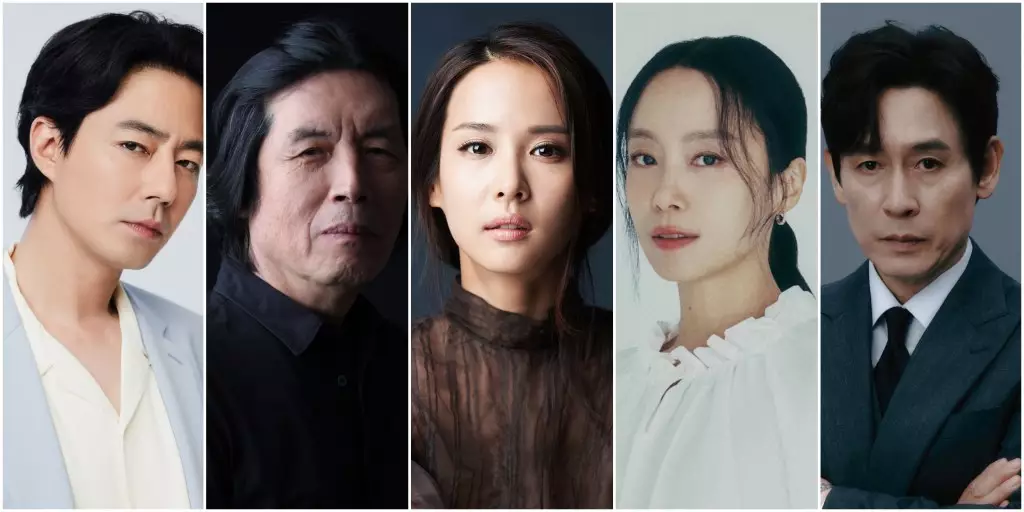After an eight-year hiatus, Lee Chang-dong, a master storyteller renowned for his profound explorations of Korean society, is finally returning to the director’s chair. His new project, *Possible Love*, promises to challenge audiences once again with its complex characters and layered narrative. While fans eagerly await the film, critics must also consider whether Lee’s absence has dulled his edge or if it has given him the space to craft something even more compelling.
His previous works such as *Burning* and *Oasis* showcased his extraordinary ability to dissect human psychology and societal flaws, elevating Korean cinema to international acclaim. Lee’s films often confront uncomfortable truths about identity, class, and human vulnerability, making his return a moment that feels both hopeful and fraught with risk. Can he still deliver the cinematic punch that made him a household name, or has time eroded his once-sharp edge?
The Film’s Intriguing Premise and Star Power
*Possible Love* centers on the intertwined lives of two married couples living vastly different realities. Jeon Do-yeon, a Cannes Best Actress winner, is cast as Mi-ok, paired with Sul Kyung-gu, known for his intense performances in *A Normal Family*. Together, they have previously demonstrated on-screen chemistry, heightening expectations for this reunion. Opposing them are Zo In-sung and Cho Yeo-jeong, both highly respected actors whose careers span genres and styles. Their involvement adds layers of credibility and anticipation.
This pairing of seasoned artists suggests a thoughtful character-driven film that examines the fragile boundaries of relationships. Yet, it also raises questions about commercial appeal: Can introspection-focused cinema attract wide audiences amid an industry increasingly obsessed with spectacle? Lee’s films have historically prioritized depth over mass appeal, which might limit the film’s box office potential but solidify its place as a critical darling.
The Artistic Significance and Cultural Weight
Lee Chang-dong’s return isn’t merely a cinematic event—it’s a cultural milestone. Since he last stood behind the camera, Korean cinema has evolved dramatically, propelled by global interest and increasing diversity of voices. Lee’s films often reflect the socio-political tensions of Korean society, and it’s reasonable to expect *Possible Love* will continue this tradition. As a centrist voice within liberal cinema, Lee’s work tends to challenge authoritarian tendencies, critique societal hypocrisies, and advocate for nuanced human understanding.
His collaboration with recurring talents like Oh Jung-mi and his history of international recognition—awards at Cannes and Venice—affirm his role as a cultural ambassador for Korean filmmaking. Yet, the long break also invites scrutiny over whether he can remain relevant in a fast-changing cinematic landscape. Has the void affected his ability to resonate with new generations? Or does it serve as an opportunity for him to refresh his perspective and produce a more profound work?
Is This Artistic Triumph or Overdue Nostalgia?
Looking at Lee Chang-dong’s formidable track record, many will herald *Possible Love* as a potential masterpiece—not just a comeback. His previous films revealed a penchant for piercing social commentary and heartfelt storytelling. However, the risk lies in the possibility that the magic of his earlier work might not translate after so many years away from the industry.
While nostalgia fuels anticipation, it can also cloud judgment. Critics and audiences alike must approach *Possible Love* with both excitement and cautious skepticism. Will Lee be able to navigate contemporary issues with the same precision, or will the passage of time dull his incisiveness? The answer remains uncertain, yet undeniably, his return rekindles hope that Korean cinema still has the power to produce films that challenge, inspire, and provoke debate.


Leave a Reply